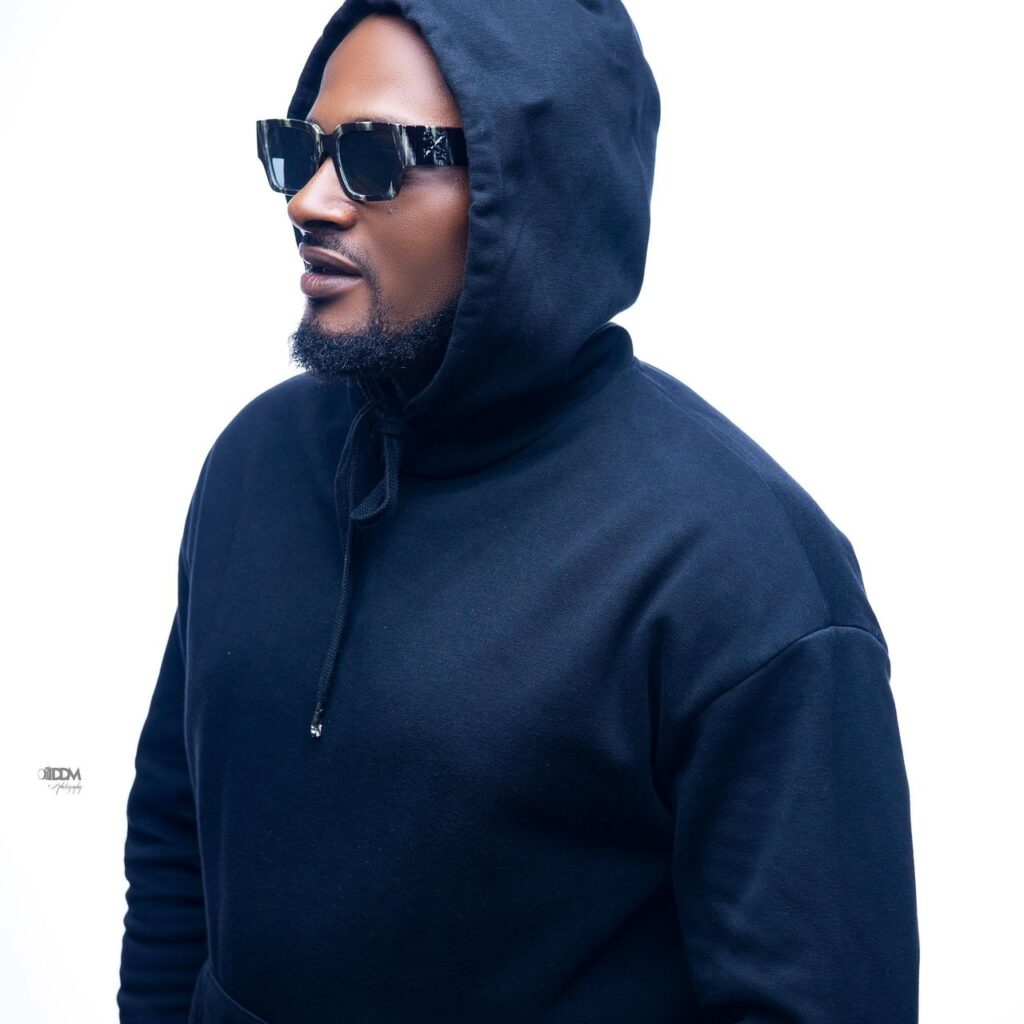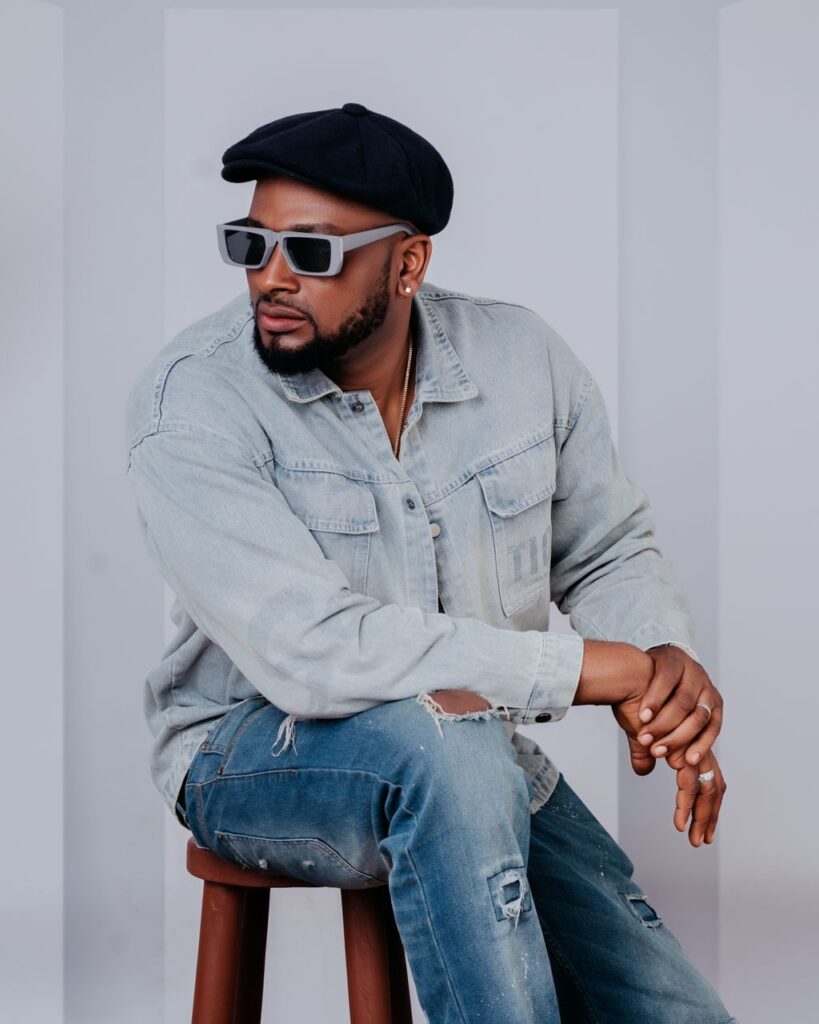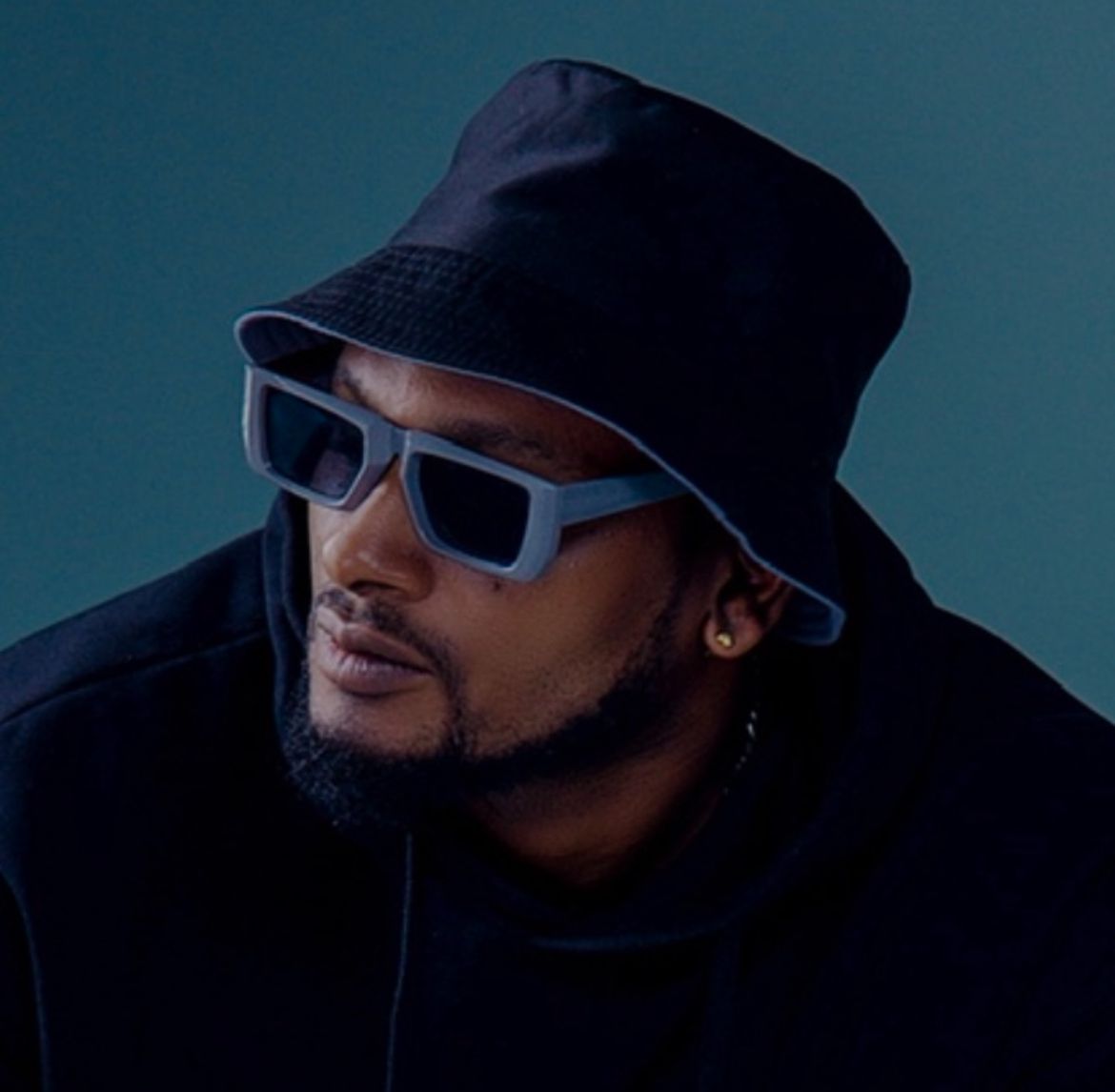
In this edition of Rising Star Spotlight, we sit down with Da Builda, also known as Da Builda Field Marshal, a Nigerian hip-hop artiste whose journey from church choir to the streets of Amuwo Odofin and Festac has shaped his unique Afro hip-hop sound.
With influences from Fela, Tupac, and Biggie, Da Builda has carved out his own path, driven by passion, persistence, and a desire to make a lasting impact through his music. In this exclusive interview, he opens up about his early days, the challenges he’s faced, and his latest project, No Late Comer.
How did your journey into music begin, and what led you to pursue hip-hop?
I started music at an early age, back in the church. I fell in love with musical instruments, so I joined the choir to learn guitar. Along the way, I started going to shows with a friend. But it was when The Remedies released “Shakomo” and hip-hop took off in Nigeria that I knew I wanted to be a hip-hop artist. Living close to Festac, where Plantashun Boiz were, inspired me even more. I wanted to be a legend, so I immersed myself in the music of Fela, Tupac, and Biggie—they really shaped my style.
What’s the weirdest place you’ve drawn inspiration from?
The weirdest place was definitely a local herb joint. I was hanging out with some street guys after having some herbs, and we were just vibing. For every line I said, they fed me the next one. Before I knew it, we had a hit song called I Dey Tell You. It was wild, but it worked!
Tell us about your collaboration with Portable—how did that come about?
That was really an act of God. A close friend of mine, Tee Boss, who shares the same passion for music, called me up one day and said I needed to collaborate with Portable. I was like, “How can I afford him? Portable was trending, and I knew it would cost millions.” But Tee Boss surprised me and said he had already paid for it. We hit the studio the next day, met Portable, and the rest, as they say, is history.
What sets you apart from other artistes?
My story. I’ve been in the underground for years, not for money, but for the passion. I’ve never thought of giving up. That journey has shaped my lyrics, delivery, and confidence. I’m not just trying to chase fame—my goal is to make an impact with my music. That makes my sound different, more authentic.
Afrobeats is a huge part of Nigerian music culture. How does it influence your music?
Afrobeats has always been the foundation of African music, thanks to the legend Fela Anikulapo Kuti. We, the new generation, build on Fela’s legacy—whether it’s soul, R&B, reggae, or rap, Afrobeat is always in there. I deliver my rap over Afrobeat, so I’m not just a hip-hop artist; I’m an Afro hip-hop artist.
How do you incorporate African culture into your music?
African culture has so many rich sounds, and we, the new generation, keep exploring them. With my background in playing musical instruments, I make sure I bring personal experiences into my lyrics and deliver them on those rich African sounds. I see myself more like a prophet—my music always carries a message.

You’ve been in the game for a while. What challenges have you faced, and how have you overcome them?
I’ve faced a lot of challenges—from struggling to get a record deal to lacking the funds to push my music. Age has also been a challenge because with all the new sounds, it can be tough for an OG like me to connect with every generation. But with grace, talent, and determination, I’ve overcome those obstacles and stayed relevant.
You’ve got a new EP, No Late Comer. What can we expect from it?
No Late Comer is a rebirth of my music journey. It’s the result of my growth and learning over the years. I’ve made mistakes, tried different approaches, but now, with all the experience I’ve gathered, I’m presenting myself as a new artist, with a fresh sound. This EP reflects that evolution.

